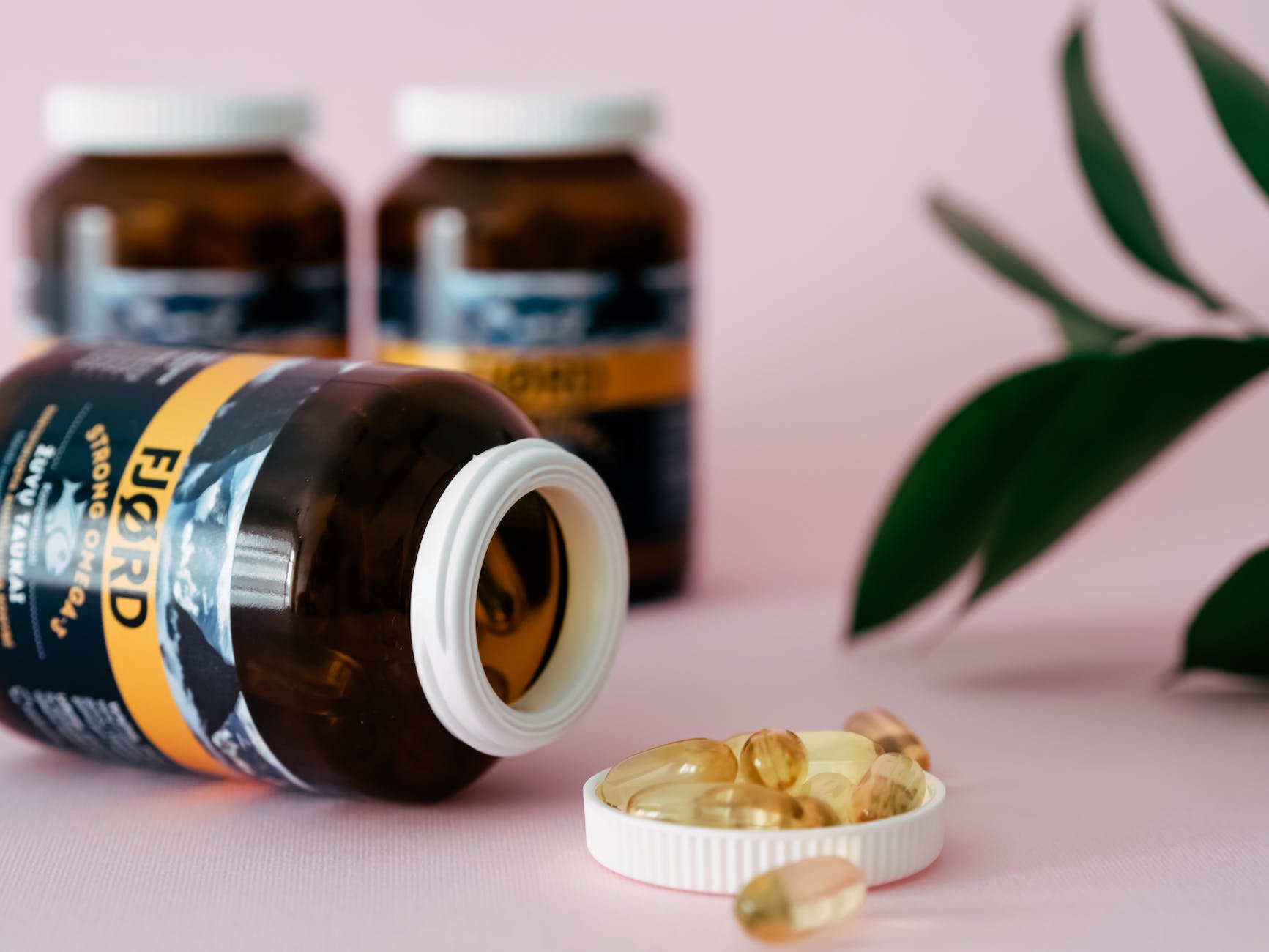
In the realm of nutrition, few topics spark as much debate as the consumption of vegetable oils and their impact on heart health. For decades, we’ve navigated through a sea of changing dietary guidelines, with early advice championing vegetable oils as heart-healthy heroes, only for recent research to challenge these claims. This post delves deep into the science behind vegetable oils, debunking myths, and uncovering the facts to guide you towards healthier choices.
The Rise of Vegetable Oils
Vegetable oils, extracted from seeds like soybean, corn, canola, and sunflower, became dietary staples in the 20th century. Promoted for their unsaturated fat content, these oils were deemed healthier than saturated fats found in animal products and tropical oils. However, the journey from field to table for these oils is fraught with processing steps, including refining, bleaching, and deodorizing, raising questions about their nutritional integrity.
Omega-6 and Heart Health
One of the main components of vegetable oils is omega-6 fatty acids, particularly linoleic acid. While essential in small amounts, the modern diet’s skewed ratio of omega-6 to omega-3 fatty acids has raised concerns. Excessive omega-6 intake, without a corresponding increase in omega-3s, may promote inflammation, a risk factor for chronic diseases, including heart disease.
The Oxidation Hypothesis
Recent studies suggest that the health implications of vegetable oils extend beyond their fatty acid composition. The oxidation of polyunsaturated fats, especially when heated, can form compounds detrimental to heart health. This hypothesis posits that oxidized linoleic acid, abundant in vegetable oils, might drive coronary heart disease more than previously thought.
Trans Fats and Hydrogenation
The process of hydrogenating vegetable oils to make them more solid and shelf-stable introduces trans fats into the diet. Linked to an increased risk of heart disease, trans fats have been phased out of many products. However, their legacy underscores the complexity of assessing vegetable oils’ health impacts.
Evidence
Despite the controversies, not all vegetable oils are created equal. Oils like olive and avocado, rich in monounsaturated fats and minimally processed, stand out for their health benefits. Research underscores the importance of context: replacing saturated fats with polyunsaturated fats from vegetable oils can lower bad cholesterol levels (LDL), but the ultimate impact on heart disease risk and overall health remains debated.
Cooking with Care
When it comes to cooking, the stability of oil at high temperatures — its smoke point — is crucial. Oils with high smoke points, like avocado and canola, are better suited for cooking, as they’re less likely to oxidize and form harmful compounds. Conversely, oils with lower smoke points, including some vegetable oils, are best used at lower temperatures or in salad dressings.
Making Informed Choices
Navigating the vegetable oil debate requires a balanced approach. Here are practical tips for making informed dietary choices:
- Diversify Your Fats: Incorporate a variety of fats, including monounsaturated and polyunsaturated fats, while balancing omega-6 and omega-3 intake.
- Minimize Processed Oils: Opt for oils that undergo minimal processing, such as extra virgin olive oil, to maximize nutritional benefits.
- Be Mindful of Cooking Methods: Choose oils with appropriate smoke points for your cooking methods to reduce the risk of oxidation.
Conclusion
The narrative surrounding vegetable oils is evolving, with emerging research prompting us to reconsider their role in a heart-healthy diet. By staying informed and making mindful choices, we can navigate the complexities of dietary fats and their impact on health. Embracing a balanced approach to fats — one that honors both science and the nuances of individual health — is key to nourishing our bodies and protecting our hearts.
10 FAQs About Why You Should Avoid Vegetable Oils!
- What are vegetable oils?
- Vegetable oils are fats extracted from seeds or other parts of fruits. Common examples include soybean, corn, canola, and sunflower oil.
- Why were vegetable oils considered healthy?
- They were promoted as healthy alternatives to saturated fats found in animal products due to their high unsaturated fat content, believed to lower bad cholesterol levels.
- What is the issue with omega-6 fatty acids?
- While essential, an excessive intake of omega-6 fatty acids, prevalent in many vegetable oils, can lead to an imbalance with omega-3 fatty acids, potentially promoting inflammation and increasing heart disease risk.
- How does the processing of vegetable oils affect their healthiness?
- Processing can strip away beneficial nutrients and introduce harmful compounds, such as trans fats, which are linked to increased heart disease risk.
- What is the oxidation hypothesis regarding vegetable oils?
- It suggests that the polyunsaturated fats in vegetable oils, when oxidized (especially during high-heat cooking), can form harmful compounds that may contribute to coronary heart disease.
- Are all vegetable oils bad for heart health?
- Not necessarily. The impact on heart health depends on the type of vegetable oil, its processing, and how it’s used. Oils like olive and avocado oil, which are minimally processed, can be beneficial.
- How can I choose a healthier cooking oil?
- Look for oils high in monounsaturated and polyunsaturated fats with a suitable smoke point for your cooking method. Opt for minimally processed oils like extra virgin olive oil.
- Can I use vegetable oils for high-heat cooking?
- It’s best to choose oils with high smoke points, like avocado or high-oleic versions of sunflower and safflower oil, to prevent oxidation at high temperatures.
- What are the best dietary fats for heart health?
- A mix of monounsaturated and polyunsaturated fats, including omega-3 fatty acids found in fatty fish, nuts, and seeds, is considered beneficial for heart health.
- How can I balance omega-6 and omega-3 intake?
- Increase your intake of omega-3-rich foods like fatty fish, walnuts, flaxseeds, and reduce the consumption of processed foods high in omega-6 fatty acids.
Blog Tags for the Post
vegetable oils, heart health, omega-6, omega-3, saturated fats, unsaturated fats, trans fats, cooking oils, smoke point, dietary fats











